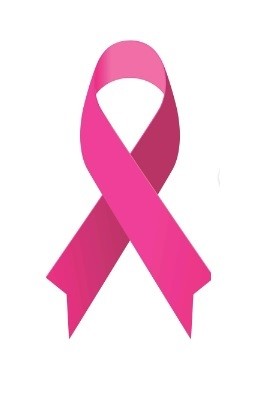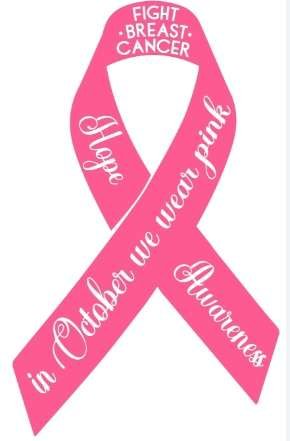
Atlanta, GA – April 30, 2024
The US Preventive Services Task Force (USPSTF) has released new recommendations for breast cancer screening. Research evidence suggests that women aged 40 to 74 should now get biennial mammogram screening.
One of the USPSTF’s most important roles is to make recommendations about the effectiveness of specific preventive care services for patients without obvious related signs or symptoms to improve the health of people nationwide. The USPSTF bases its recommendations on the evidence of both the benefits and harms of the service and an assessment of the balance. While the USPSTF makes recommendations based on research, it understands that every case has its specific circumstances and that decisions involve more considerations than evidence alone. Clinicians should understand the evidence but individualize decision-making to the specific patient or situation. The USPSTF has found that race, ethnicity, and gender are all social rather than biological factors, but they are also very important predictors of health risk.
According to the USPTSTF, among all US women, breast cancer is the second most common cancer and the second most common cause of cancer death. In 2023, an estimated 43,170 women died of breast cancer.
According to the American Cancer Society, The Susan G. Komen Foundation, and the National Library of Medicine, non-Hispanic Black and non-Hispanic white women have the highest incidence of breast cancer. Black women are more likely to die from breast cancer at every age and are more likely to develop more aggressive, advanced-stage breast cancer that is diagnosed at a young age.
White women have a higher incidence rate of breast cancer between the ages of 60 and 84, while Black women have a higher incidence rate before age 45. Hispanic women have the lowest incidence of breast cancer.
Earlier Recommendations
In 2016, the USPSTF recommended biennial mammograms for women aged 50 to 74 and individualizing the decision to undergo screening for women aged 40 to 49, based on factors such as individual risk and personal preferences and values.
Latest Recommendation
Based on its most recent research and findings released April 30, 2024, the USPSTF recommends, biennial mammograms from ages 40 to 74. The USPSTF further notes that all screening is subject to modification based on individual needs, conditions, and preferences.
More Research Required
The USPSTF concedes that there is still more research required to understand and address the disparities between Black women and other women.
Research is needed to understand why Black women are more likely to be diagnosed with breast cancers that have biomarker patterns that confer greater risk for poor health outcomes.
Research is needed to understand how variations in care (including diagnosis and treatment) lead to increased risk of breast cancer morbidity and mortality in Black women, across the spectrum of stages and biomarker patterns, and on effective strategies to reduce this disparity. Research is needed to determine whether the benefits differ for annual vs. biennial breast cancer screening among women overall and whether there is a different balance of benefits and harms among Black women compared with all women.
Other Recommendations
The USPSTF included in their finding the recommendations of agencies in the fight for women against breast cancer.
The American Cancer Society recommends that women with an average risk of breast cancer should undergo regular screening mammography starting at age 45 years. It suggests that women aged 45 to 54 years should be screened annually, that women 55 years or older should transition to biennial screening or have the opportunity to continue screening annually, that women should have the opportunity to begin annual screening between the ages of 40 and 44 years, and that women should continue screening mammography as long as their overall health is good and they have a life expectancy of 10 years or longer.
The American College of Obstetricians and Gynecologists recommends that women at average risk of breast cancer should be offered screening mammography starting at age 40 years,
The American College of Radiology and the Society of Breast Imaging recommend annual screening mammography beginning at age 40 years for women at average risk.
The most important thing to know is that regardless of age, all treatments and preventive screenings should be carefully scripted with a focus on individual conditions, preferences, and beliefs.
The full report can be found on the USPSTF website.







